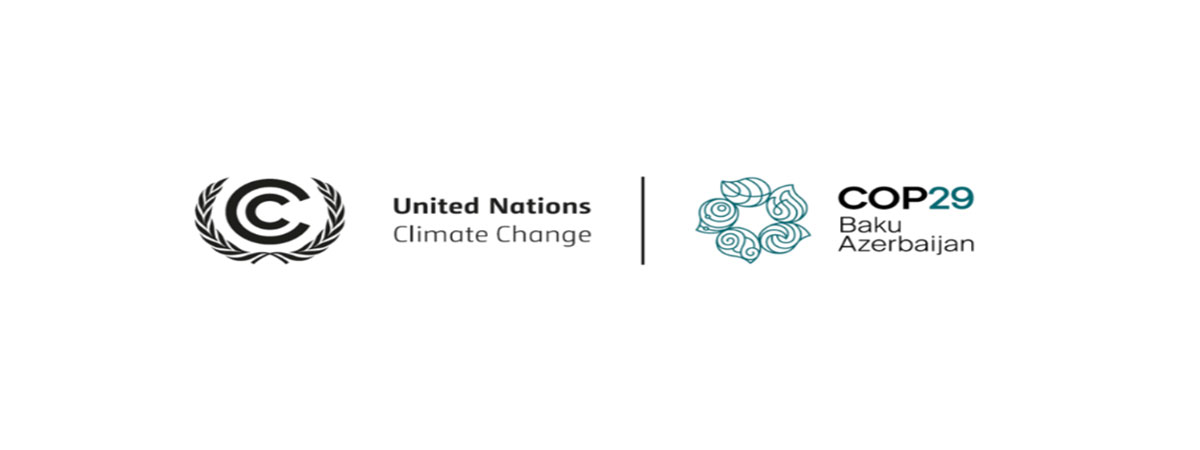COP29 Falls Short on Climate Finance, Posing Dire Risks to Global Health
The recent COP29 summit in Baku, Azerbaijan (November 11–22, 2024), has raised significant concerns about the future of global health. Developed nations were urged to allocate $1.3 trillion annually to support climate change mitigation and adaptation. However, the pledged amount for developing countries fell drastically short at $300 billion annually by 2035. This funding gap undermines efforts to reduce greenhouse gas emissions and protect lives and livelihoods from the worsening impacts of climate change.
UN Secretary-General António Guterres reflected on the outcome, stating, “I had hoped for a more ambitious outcome – on both finance and mitigation – to meet the great challenge we face… but this agreement provides a base on which to build.”
The connection between climate change and healthcare is undeniable. Climate change exacerbates health risks, including heat-related illnesses, respiratory issues, and the spread of infectious diseases, while also overwhelming healthcare systems with increased demand during extreme weather events and natural disasters.
The WPA expresses deep disappointment at the summit’s outcome, emphasizing that inadequate funding is not just an environmental issue but a life-and-death matter for millions globally. The shortfall disproportionately impacts developing countries already burdened with fragile healthcare systems, leaving vast populations at heightened risk.
“As patients, we experience firsthand the devastating effects of climate change on our health, our families, and our communities,” said Hussain Jafri, CEO of WPA. “It is crucial for leaders to acknowledge the urgent need for equitable climate financing and implement policies that protect the health of both people and the planet.”
The WPA calls for increased climate finance that reflects the scale of the crisis. World leaders must act swiftly and decisively, prioritizing global health and resilience. Without bold, immediate action, preventable illnesses and deaths will continue to rise, particularly in the world’s most vulnerable regions.
The WPA urges patients, healthcare advocates, and global citizens to unite in demanding a healthier, more sustainable future—one that is equitable, climate-resilient, and committed to protecting the health of all.


